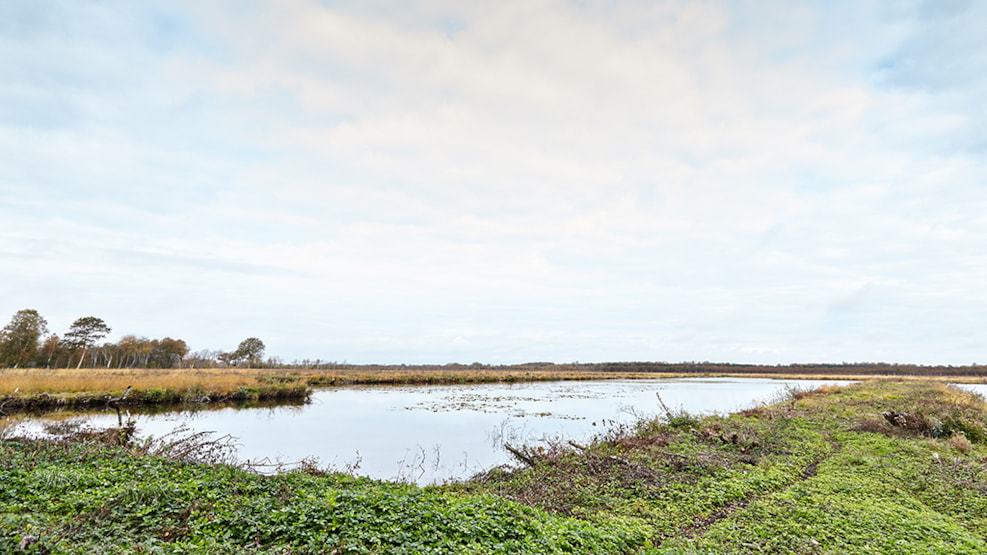
© Foto:
Holmegaard Moor
There are only 27 hectares left of the original moor. The peat has been dug up and used to fuel the ovens at Holmegaard Glass Works, as well as being used by the local population.
It must be emphasized that any form of organised activity on the moor, e.g. orientation runs, bird-spotting expeditions, botanical trips, etc. must in every instance be agreed with the owner. The moor, with it's flora and fauna, is vulnerable and pressure from the public is greatly increasing. You are therefore asked to obey the rules as laid down in the Nature Conservation Law exactly, they are displayed on signs at the entry to the moor. The hunt has been let, so special consideration must be taken to the breeding and releasing places for game. Likewise, access to the moor can be forbidden on certain hunting days. The public is only allowed in the area in accordance with the regulations stated in the Nature Conservation Law, for private woods. However on the area of raised bog, the public is allowed access in accordance with the regulations for walking on uncultivated land. The Nature Conservation Committee can, with the owner's permission, give schools and research institutes access to the moor for teaching and research purposes.
It must be emphasized that any form of organised activity on the moor, e.g. orientation runs, bird-spotting expeditions, botanical trips, etc. must in every instance be agreed with the owner. The moor, with it's flora and fauna, is vulnerable and pressure from the public is greatly increasing. You are therefore asked to obey the rules as laid down in the Nature Conservation Law exactly, they are displayed on signs at the entry to the moor. The hunt has been let, so special consideration must be taken to the breeding and releasing places for game. Likewise, access to the moor can be forbidden on certain hunting days. The public is only allowed in the area in accordance with the regulations stated in the Nature Conservation Law, for private woods. However on the area of raised bog, the public is allowed access in accordance with the regulations for walking on uncultivated land. The Nature Conservation Committee can, with the owner's permission, give schools and research institutes access to the moor for teaching and research purposes.